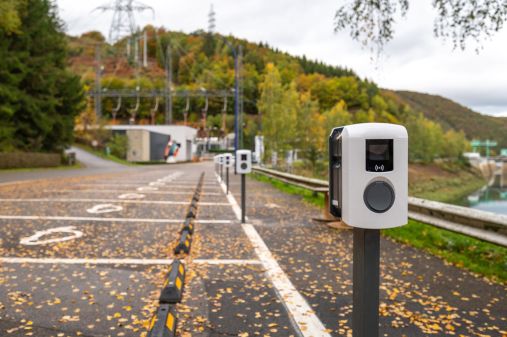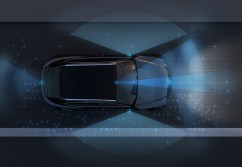Electric Vehicle Datathon to support 35 state EV corridor

Cities and states will collaborate with developers at the White House’s first-ever Electric Vehicle Datathon as the data community searches for new ways to create and cull data sets that promote electric vehicle use.
The White House Domestic Policy Council and Office of Science and Technology Policy are coordinating with the Department of Energy and four of its national laboratories to host the event Nov. 29, according to a blog post.
The attendees, which would include charging-station providers, cities and states, automakers, the data community and developers, “will explore best practices on how data can inform efforts to deploy EVs and charging stations and how data collection and curation can serve the growing EV community,” according to the post.
The announcement comes after the administration recently put its stake in the ground on electric vehicles, designating earlier this month 48 interstates as electric vehicle charging corridors.
The corridors will serve as the foundation for a vehicle-charging infrastructure that will span nearly 25,000 miles across 35 states.
“The Obama Administration is committed to taking responsible steps to combat climate change, increase access to clean energy technologies, and reduce our dependence on oil,” the announcement read at the time. “Already, in the past eight years the number of plug-in electric vehicle models has increased from one to more than 20, battery costs have decreased 70 percent, and we have increased the number of electric vehicle charging stations from less than 500 in 2008 to more than 16,000 today – a 40 fold increase.”
“But there is more work to do,” it noted.
There are more than 40,000 publicly accessible charging stations in the U.S., according to data from the Energy Department’s Alternative Fuels Data Center.
But the blog post notes, “Despite the progress in EVs and in data to support their deployment, more work in needed to continue the conversation among those who are generating and curating new EV data and those who could put this data to good use.”
Discussions at the Datathon will revolve around what data might become available due to the recent fuel corridor announcement, “what new data do local planners need as they work to make their communities EV ready; and what new information can be revealed by ‘mashing up’ diverse available data sets?”






